Indira Gandhi
Indira Gandhi's life is extremely interesting. Her path from Indu to Indira to Prime Minister is remarkable and a significant milestone in India's history of women's liberation. Indira served the country as a PM from 1966 to 1977, and she got another chance again in 1980, and she served the nation till her death. For the first time, a female represented the country as a PM, and thus, she is regarded as the first-ever female Prime Minister of India. Hold on, the things we discussed until now are just a brief of what will be discussed in this article. So, let us move further and discover the various aspects of her life in detail. Birth And Early Life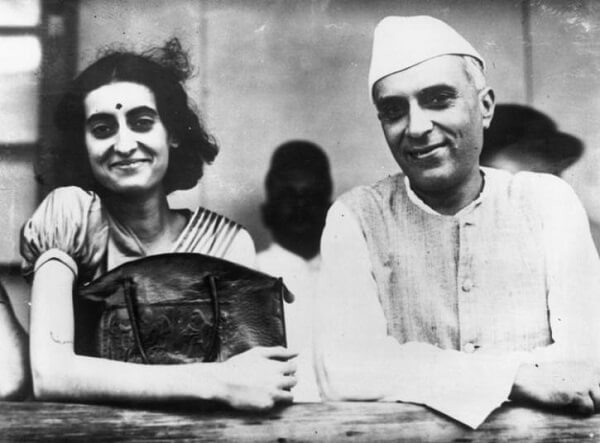
On November 19, 1917, Indira was born into the family of Motilal Nehru, who was heavily involved in the time of independence. Indira's father, Jawaharlal Nehru, was a well-known and well-educated lawyer who remained engaged for most of the time with Mahatma Gandhi in the Indian independence struggle. Indhira Gandhi has had a patriotic attitude since her youth, and India's nationalist movement at that time included a protest of British foreign goods as part of its strategy. She was highly influenced by this movement. As a result, when Indira once encountered a foreign-built thing on the occasion of Holi, that led this 5-year-old Indira to burn her favorite doll. Education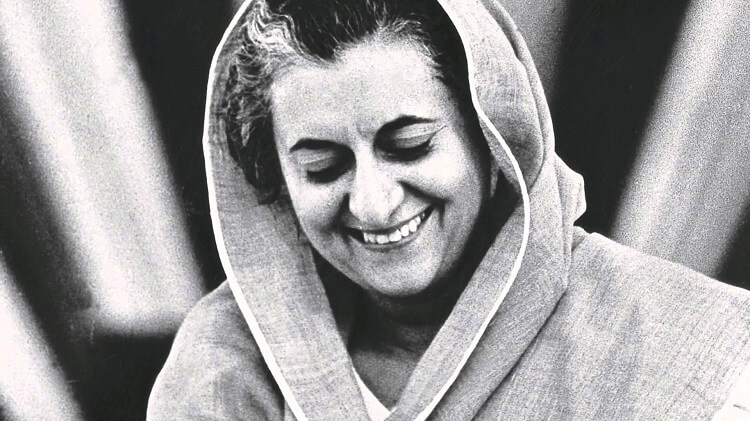
Indira completed her matriculation at Pune University and continued her studies in Shantiniketan in West Bengal before moving for further education to Switzerland at Oxford University's Somerville College. Indira had spent several months in Switzerland with her unwell mother during her studies when her mother, Kamala Nehru, got Tuberculosis in 1936, and Jawaharlal Nehru was in an Indian prison when Kamala died. Marriage & Family Life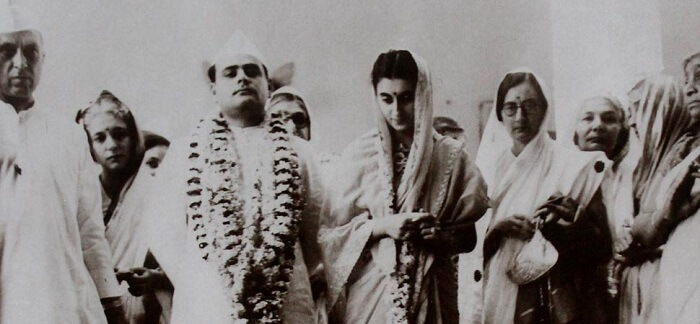
After Indira Gandhi entered the Congress Party, she met Feroze Gandhi. At that time, Feroze Gandhi was a reporter and a significant member of the Youth Congress. Later, Indira Gandhi married Feroze Gandhi in the year 1941, against her father's denial. Rajiv Gandhi was born first, followed by Sanjay Gandhi. Although Indira Gandhi was married to Feroze Gandhi, Feroze and Gandhi's family were not related as per community. Although Feroze fought alongside Mahatma Gandhi in the fight for independence by the community, he's been a Parsi. In contrast, Indira Gandhi was a Hindu, and untraditional marriage wasn't usual at the time, and it was the reason why the pair wasn't admired in public. Thus Mahatma Gandhi backed them in the tough time and issued a public declaration, including a message to the media, that he would like to invite all the people who are not happy to come and accept this marriage and bless the bride and groom, it is also said that Mahatma Gandhi was the person who advised Feroze and Indira to use the title "Gandhi" to keep their public influence clean in the political career ahead. Political Career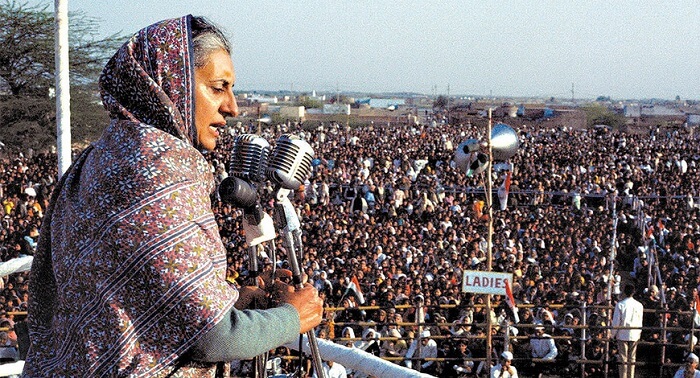
Indira's entrance into politics was neither extremely challenging nor shocking because the Nehru family was already there in India's central government as a first contender. No one was then near them. Since Indira was a child, she watched Mahatma Gandhi come and go from his Allahabad home on several occasions for different reasons. Thus, she was attracted by the country and its democracy. Indira Gandhi held several electoral rallies for her husband Feroze and headed the campaign in his support during the Lok Sabha elections of 1951 and 1952. Feroze was competing for Rae Bareli at that time. Feroze quickly rose to prominence as a frontrunner in the fight against systemic corruption. He revealed many corruption cases and cronyism, including the identity of an investment company in the name of the finance minister of that time, TT Krishnamachari. At that time, Jawaharlal Nehru was generally viewed as a close friend of the finance minister. Feroze found his place in national politics, in this fashion, with a huge struggle at the initial phase, even though he maintained his campaign against people involved in the corruption from central government with a small group of followers. Unfortunately, he died due to a heart attack on September 8, 1960. Congress President and Further Political Involvement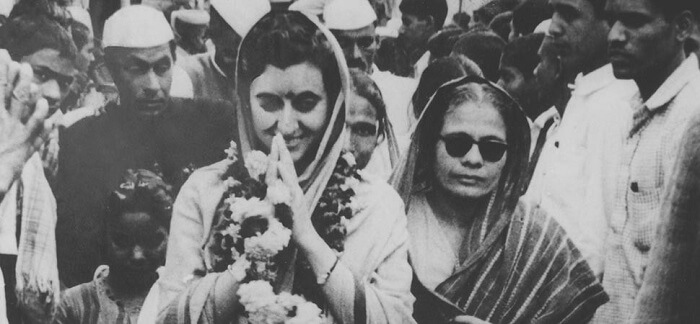
Indira Gandhi was appointed as a President of the INC, i.e., Indian National Congress, back there in 1959. Jawaharlal Nehru also chose her as a main advisory of the committee. Indira Gandhi preferred to be the contender in the very next election after the demise of Nehru on May 27, 1964, and she also won. And thus, she was handed the Ministry of Information and Broadcasting department in Lal Bahadur Shastri's cabinet. Prime Minister of India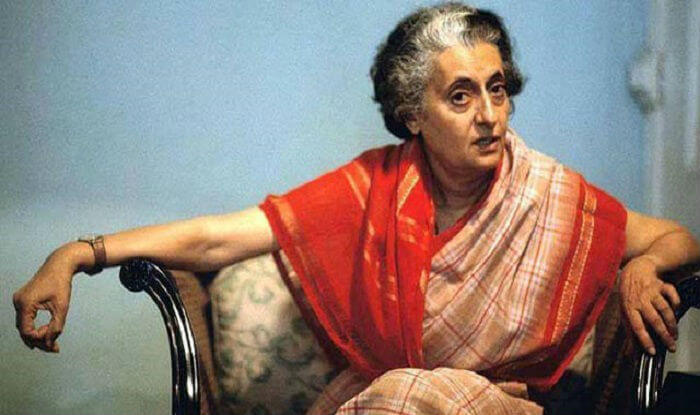
Following Lal Bahadur Shastri's death in Tashkent on January 11, 1966, she gained a majority of the vote in an interim election and became Prime Minister. The acceptance of the 1969 nationalization plans of India's 14 major banks of that time, along with four major oil corporations, was among the most noteworthy achievements for her as Prime Minister. Apart from these achievements, India, under her tenure, made the first underground explosions in 1974 that led the country into the nuclear age. She also made productive moves to remove food scarcity from the country. Indo-Pak War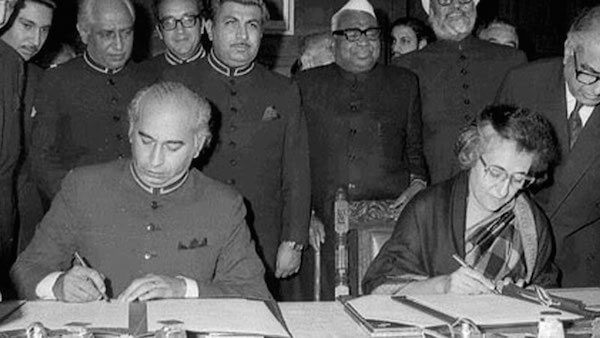
In 1971, the fact was that Indira Gandhi had to deal with a major issue this year. And thus, it started with the conflict when West Pakistani soldiers entered Bengali East Pakistan to suppress their independence campaign. On 31st March 31, she spoke out against the terrible conflict, but opposition persevered, and thousands of migrants began pouring into India. And as a result, India started facing a severe shortage of resources for the caring of these migrants, which caused concern inside the country. Although India backed the freedom warriors who were fighting for their country's independence, the issue became even more problematic when US President Nixon urged the US to take Pakistan's side, while China had already been equipping Pakistan. And as a result, West Pakistan's military continued to torture the civilians in East Pakistan, and mostly Hindus got targetted. Around 10 million East Pakistanis abandoned the nation and sought residence in India. Indira Gandhi got compelled by the massive number of refugees to encourage the Azami League's fight for independence from West Pakistan. India gave military support as well as provided weapons to counter West Pakistan. Indira Gandhi acknowledged the necessity of Bangladesh's independence after Pakistan bombarded India's camp on December 3. She promised that she would grant safety to Bangladesh's revolutionary warriors and back the country's formation. US President Nixon ordered US warships to be dispatched to India on December 9, but Pakistan surrendered on December 16. The surrendered paperwork was signed by the West Pakistani Armed Forces in front of India, leading to the foundation of Bangladesh, a new country. And as a result, on December 16, 1971, the war between West Pakistan and East Pakistan in Dhaka ended. Imposition of Emergency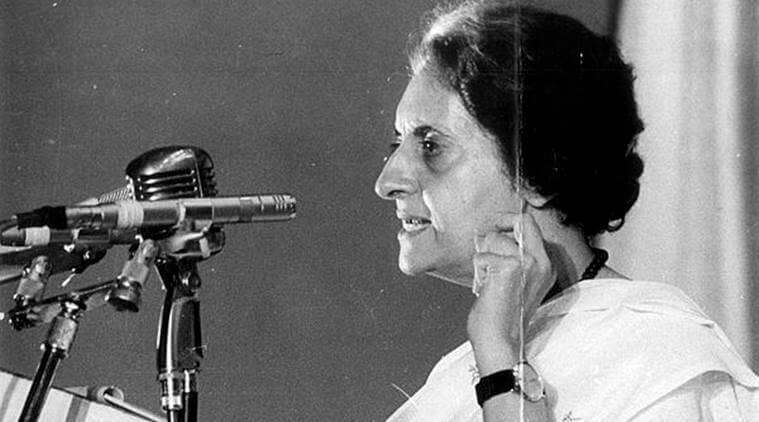
Opposition leaders and social activists held a major protest against the central government led by Indira Gandhi in 1975 due to the growing prices, the horrible status of the economy of that time, and widespread corruption. Also, people's resentment towards her continued to grow. In the following year, the Allahabad High Court declared that Indira had cheated during the previous election, which also helped trigger the present political chaos of that period. Indira was asked to quit her seat immediately. Instead of quitting on June 26, 1975, Indira Gandhi announced a state of emergency, claiming the country's unstable political circumstances. J.P Narayan, a Gandhian socialist, and his followers hoped to restructure Indian culture by uniting youths, villagers, and labor groups in a "whole non-violent revolution." But as a result, Narayan was soon apprehended and jailed. As the result of the emergency, the people's constitutional rights were abolished, and thus she jailed all of her political rivals and put the media under severe control. Post Removal of Emergency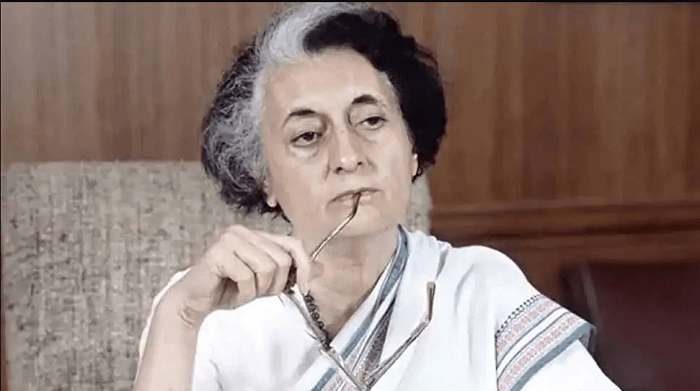
During the Emergency, Indira's youngest child Sanjay Gandhi tried to control the country with complete authority, ordering the dismantling of slum areas and a hugely controversial sterilization campaign, which turned Indira against the government. Indira Gandhi requested an election in 1977. As a result, the growing Janata Dal alliance, led by Morarji Desai and J.P Narayan, beat her even though she was confident that she would defeat the opponents. Return of Indira as a Prime Minister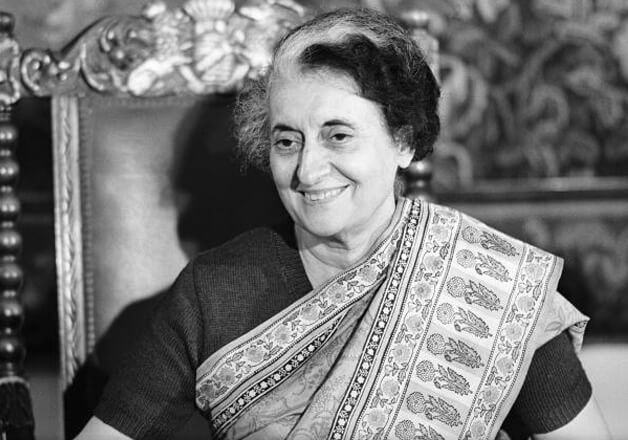
Indira Gandhi took full advantage of a rift among the Janata Party's members. During their tenure, the ruling party's government ordered to arrest Indira Gandhi by claiming some cause. Unfortunately, their method backfired for those individuals and helped Indira Gandhi gain some sympathy. Afterward, in the 1980 elections, the Congress won with a huge margin, and Indira Gandhi was re-elected Prime Minister of India. Also, the truth cannot be escaped that the Janata Party was not stable somewhere, which allowed Congressmen and Indira to gain benefits from it. Operation "Blue Star"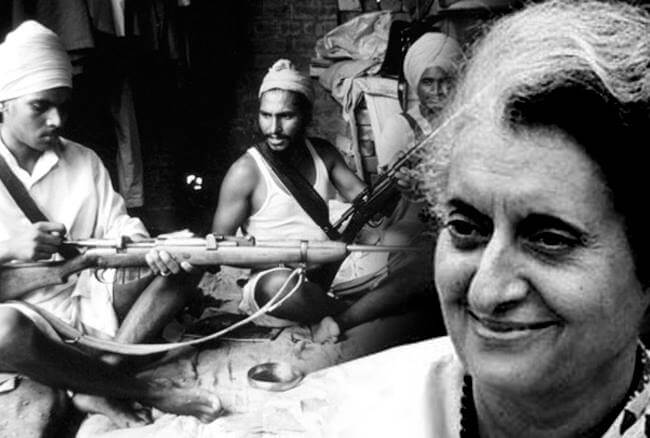
In September 1981, a gang of Sikh terrorists demanded "Khalistan", and as a result, the group managed to enter into the Golden Temple complex, Amritsar. To respond to the incident, Indira Gandhi ordered troops (Army) to proceed towards this religious place to implement Operations Blue Star even though she was aware of the information that thousands of innocent people were there in the temple premise. Although the government later claimed that they used tanks and other heavy weapons to reduce the terrorist threat, it resulted in the deaths of several innocent people. And thus, this Blue Star mission was regarded as a type of disaster in Independent India. The impact of the incident worsened the nation's regional tensions. A few Sikhs resigned from military and civil executive roles, and some have even decided to return governmental honors. Indira Gandhi's political identity somehow also got affected during all these incidents. 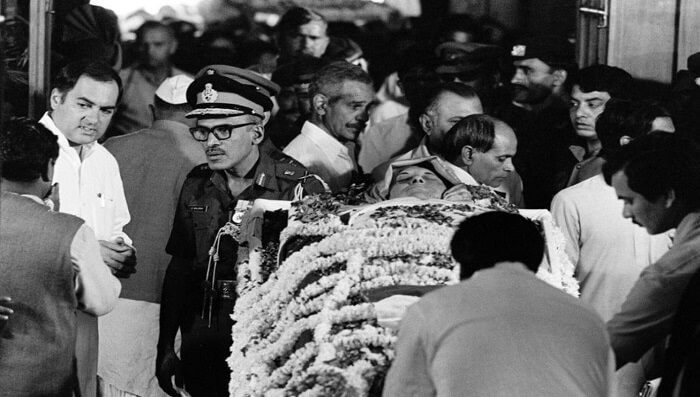
In response to the carnage at the Savarna temple during Operation Blue Star, Gandhi's bodyguards Bint Singh and Satwant Singh shot Indira Gandhi with 31 bullets on October 31, 1984. This event took place on New Delhi's Safdarganj Road.
Next TopicKapil Sharma
|
 For Videos Join Our Youtube Channel: Join Now
For Videos Join Our Youtube Channel: Join Now
Feedback
- Send your Feedback to [email protected]
Help Others, Please Share









